Hi there, pet lovers! 🐔
When we think of pets, chickens might not be the first animals that come to mind—but these feathered friends are far more than just farm animals. Chickens (Gallus gallus domesticus) are intelligent, social, and surprisingly affectionate creatures that can make wonderful backyard companions. Whether you’re looking for fresh eggs, natural pest control, or simply a unique and entertaining pet, chickens offer a rewarding experience for the right owner.
In this detailed guide, we’ll explore everything you need to know about keeping chickens as pets—from their temperament and care requirements to costs and long-term commitment. By the end, you’ll have a clear understanding of whether these clucking companions are the right fit for your home!
Overview
Chickens are domesticated birds that have been kept by humans for thousands of years, primarily for eggs and meat. However, many breeds also make excellent pets due to their friendly personalities and low-maintenance needs. Here’s a quick summary of what makes them unique:
- Handling and Temperament: Can be friendly and social, but temperament varies by breed.
- Care and Maintenance: Moderate upkeep—requires secure housing, proper diet, and cleanliness.
- Health and Durability: Generally hardy but prone to parasites and respiratory issues if conditions are poor.
- Availability: Widely accessible from hatcheries, breeders, and farm stores.
- Cost: Affordable to purchase but requires initial setup investment.
- Overall: A rewarding pet for those with space, offering eggs, pest control, and companionship.
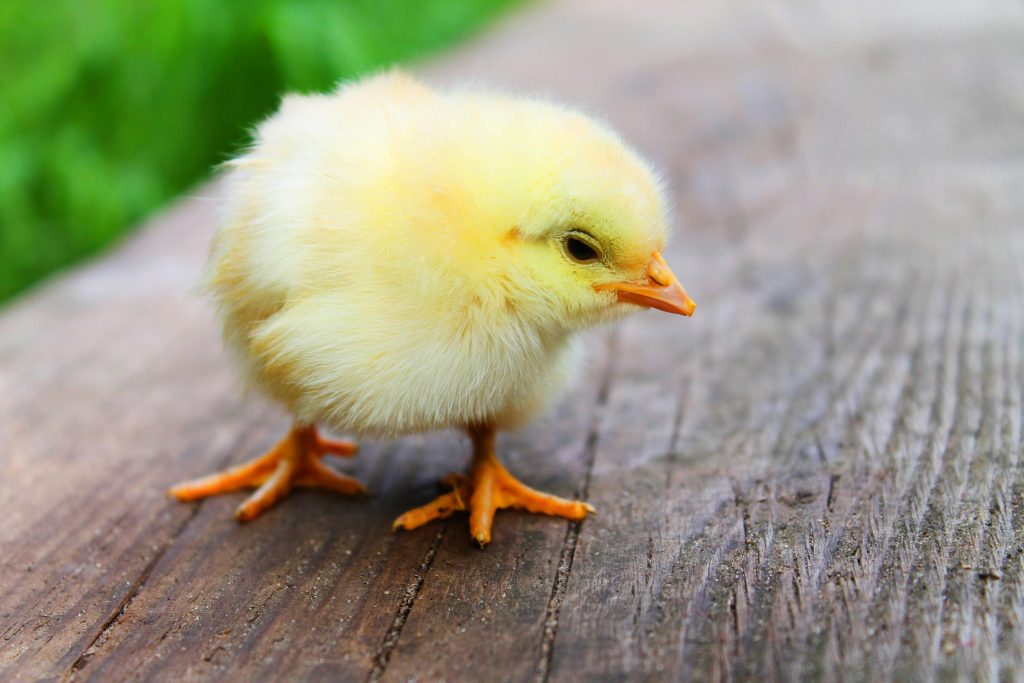
Why Choose a Chicken as a Pet?
Chickens are more than just egg-layers—they’re intelligent, curious, and full of personality. Unlike traditional pets, they provide practical benefits like fresh eggs, natural insect control, and garden fertilizer. They also form social bonds with their flock (and sometimes their owners), making them interactive and entertaining to watch.
For families, chickens can be a great way to teach responsibility, while urban homesteaders appreciate their sustainability benefits. However, they do require space, protection, and daily care, so they’re best suited for those who can commit to their needs.
Handling and Temperament
Chickens are social animals with distinct personalities, and their friendliness depends heavily on breed, upbringing, and handling.
Personality Variations
- Docile Breeds: Silkies, Buff Orpingtons, and Cochins are known for their calm, friendly nature. They often enjoy being held and petted.
- Active Breeds: Leghorns and Andalusions are more independent and may be flighty around humans.
- Roosters vs. Hens: Roosters can be territorial and protective, while hens are usually more relaxed.
Bonding with Chickens
- Hand-Raising Chicks: Chickens handled frequently from a young age are more likely to be tame and comfortable with people.
- Treat Training: Offering mealworms, fruits, or vegetables encourages trust and interaction.
- Body Language: A relaxed chicken will crouch slightly when petted, while a stressed one may squawk or flap.
Do Chickens Bite?
Chickens rarely bite aggressively, but they might peck out of curiosity or if they mistake fingers for food. Gentle handling minimizes stress and prevents defensive behavior.
Care and Maintenance
While chickens are relatively low-maintenance compared to mammals, they do require proper housing, diet, and hygiene to thrive.
Housing Requirements
- Coop Size: At least 2-4 sq ft per chicken inside the coop and 8-10 sq ft per bird in an outdoor run.
- Protection: Secure fencing and predator-proof locks are essential (raccoons, foxes, and hawks are common threats).
- Ventilation & Bedding: Good airflow prevents respiratory issues, and absorbent bedding (straw, pine shavings) keeps the coop clean.
- Nesting Boxes: One box per 3-4 hens, filled with soft bedding for egg-laying.
Feeding Chickens
- Staple Diet: High-quality layer feed (for egg production) or all-flock feed (for mixed flocks).
- Supplements: Oyster shell (for calcium) and grit (for digestion).
- Treats: Vegetables, fruits, mealworms, and scrambled eggs (yes, chickens eat eggs!).
- Water: Fresh, clean water must always be available.
Daily & Weekly Tasks
✔ Morning: Let chickens out, refill food/water, collect eggs.
✔ Evening: Secure coop, check for predators.
✔ Weekly: Clean bedding, scrub waterers, inspect for pests.
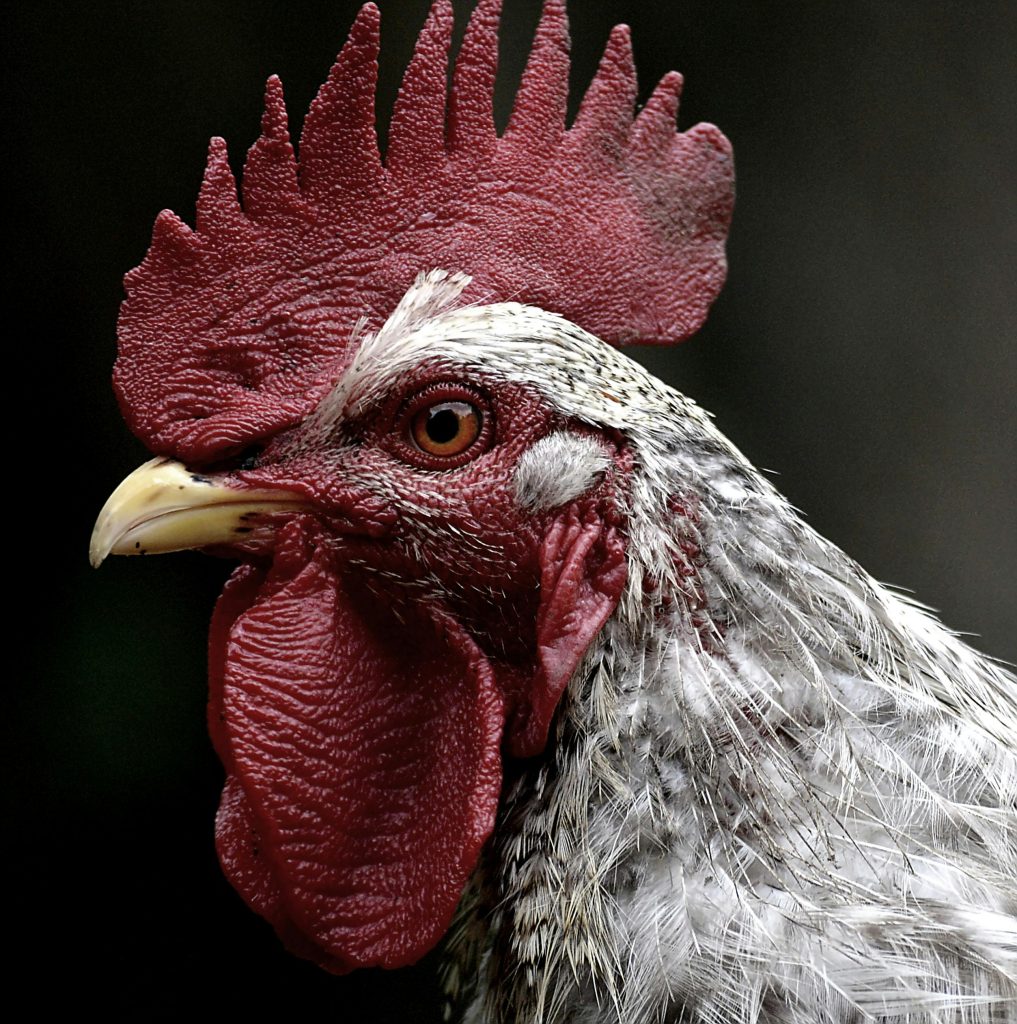
Health and Durability
Chickens are resilient but can face health issues if their environment isn’t properly maintained.
Common Health Problems
- Parasites (Mites, Lice, Worms): Regular dust baths and deworming prevent infestations.
- Respiratory Infections: Caused by poor ventilation or damp conditions.
- Egg-Binding: A life-threatening condition where a hen can’t pass an egg (ensure calcium-rich diets).
- Bumblefoot: A bacterial infection in the feet (treat with antiseptic soaks).
Lifespan
- Average Lifespan: 5-10 years (some live longer with excellent care).
- Egg Production: Hens lay best in their first 2-3 years, then production declines.
Availability and Cost
Where to Get Chickens
- Hatcheries: Offer day-old chicks (shipped or local pickup).
- Farm Stores: Sell chicks seasonally (spring is peak time).
- Breeders: Ideal for specific rare or heritage breeds.
- Rescues: Some organizations rehome retired or abandoned chickens.
Initial & Ongoing Costs
- Startup Costs:
- Coop & Run: $200 to $1,000+ (DIY options can save money).
- Chicks: $3 to $20 each (depending on breed).
- Feeders/Waterers: $20 to $50.
- Monthly Costs:
- Feed: $15 to $30 (varies by flock size).
- Bedding: $10 to $20.
- Occasional vet care (if needed).
Pros and Cons
Pros
✅ Fresh eggs (if keeping hens).
✅ Natural pest control (they eat insects).
✅ Low-maintenance compared to mammals.
✅ Educational for kids (teaches responsibility).
✅ Sustainable & eco-friendly.
Cons
❌ Requires space & secure housing.
❌ Predator risks (raccoons, foxes, hawks).
❌ Regular cleaning needed (to prevent odors/disease).
❌ Local laws may restrict ownership (check regulations).
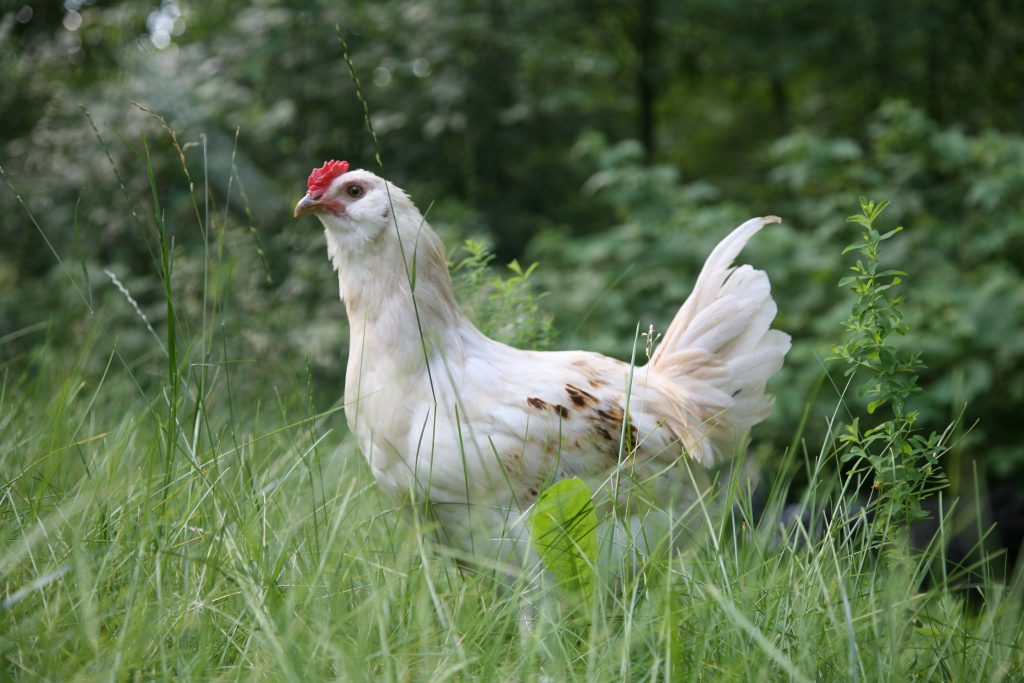
Final Thoughts
Chickens are fantastic pets for the right household—offering companionship, fresh eggs, and even garden benefits. While they do require space, protection, and daily care, their charm and practicality make them a rewarding choice for homesteaders, families, and urban farmers alike.
If you’re considering chickens, start by researching breeds that fit your lifestyle and checking local regulations. With proper care, these feathered friends can bring years of joy (and breakfast)!
Have you kept chickens before? Share your experiences in the comments! 🐣
For more pet guides and tips, stay tuned to our blog! 🐾

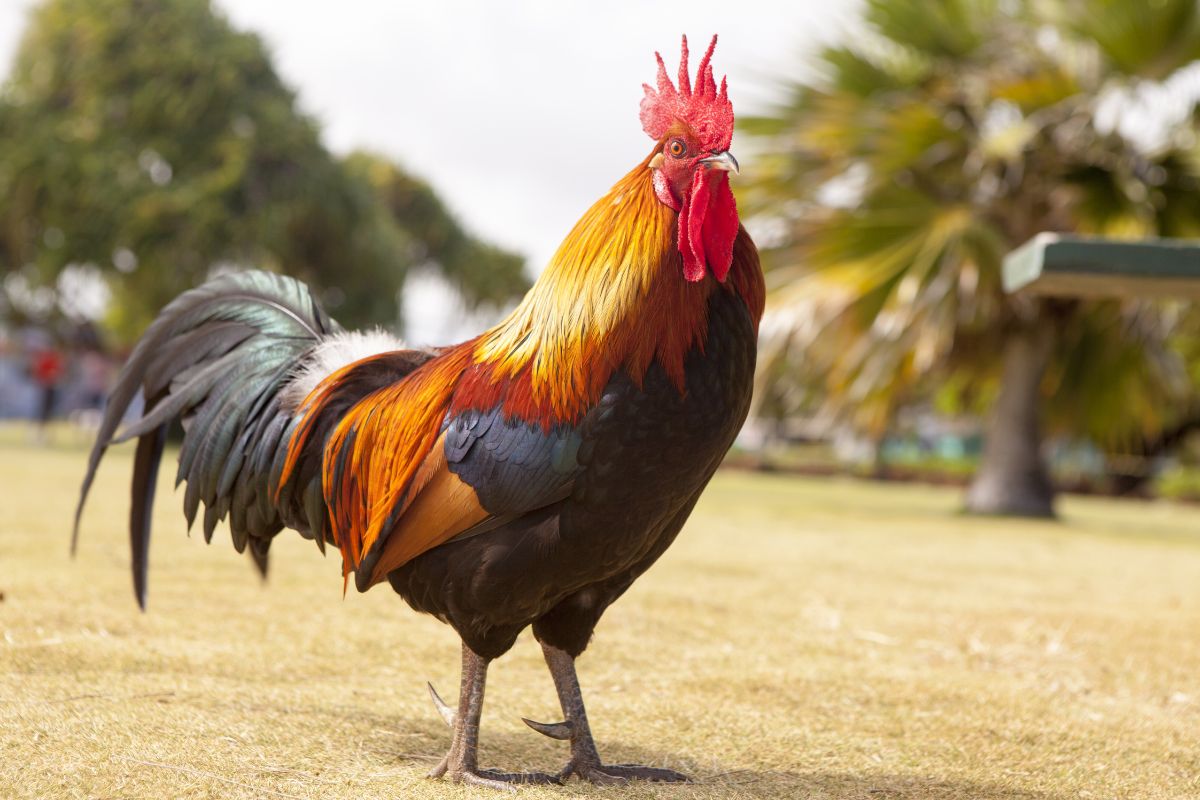



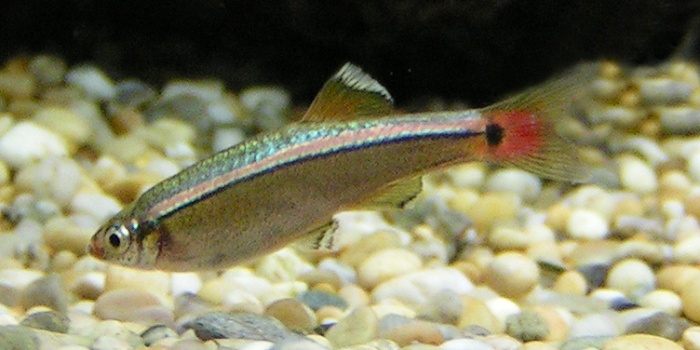


Leave a Reply